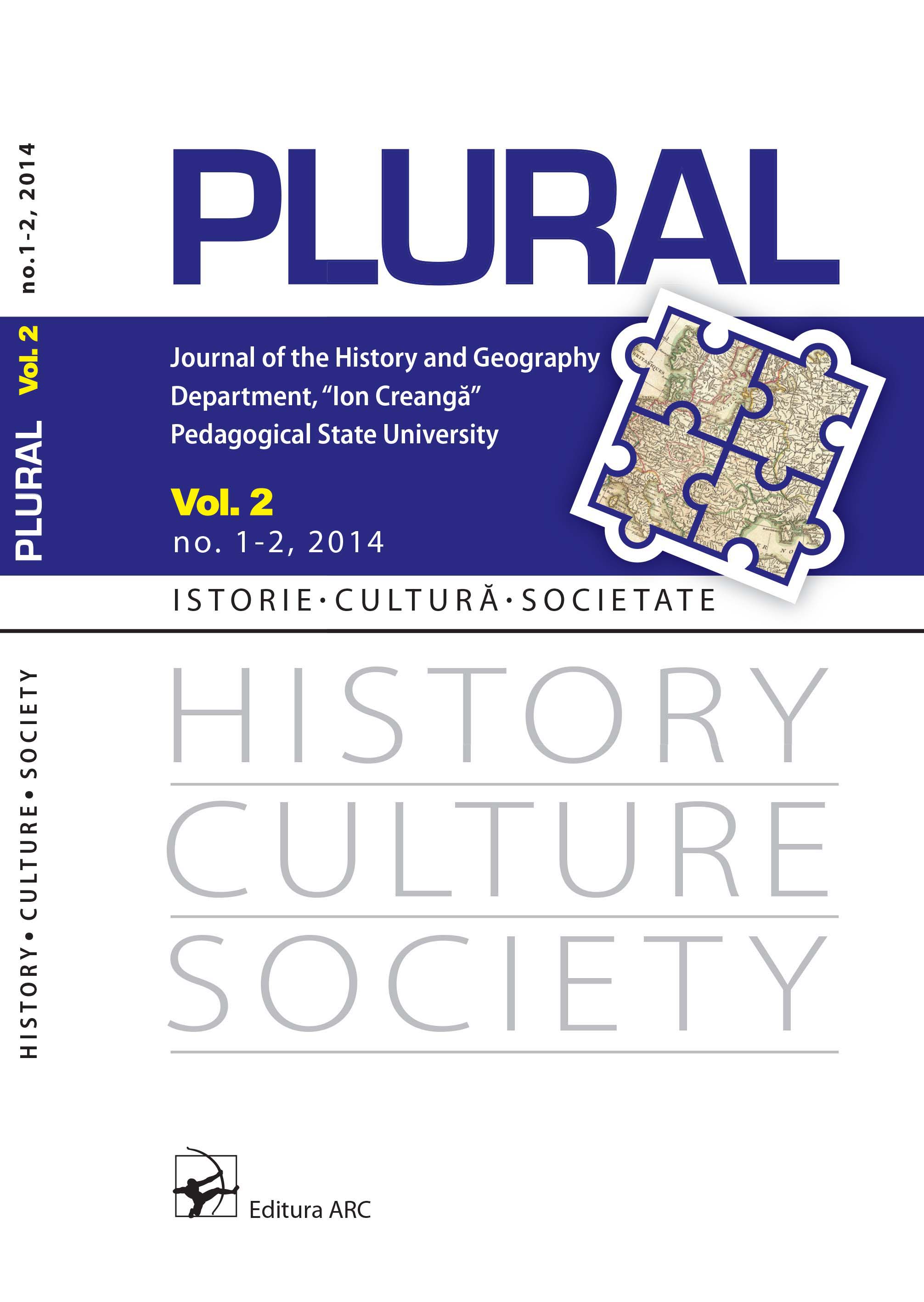Foreign and Security Policy of the Newly Independent
States: Balancing between Two Power Centers
Foreign and Security Policy of the Newly Independent
States: Balancing between Two Power Centers
Author(s): Sergiy G. FedunyakSubject(s): Politics / Political Sciences, History, Special Historiographies:, Post-Communist Transformation
Published by: Facultatea de Istorie și Geografie, Universitatea Pedagogică de Stat „Ion Creangă”
Keywords: Ukraine;foreign policy;
Summary/Abstract: The article is focusing on the interplay between foreign policy agenda of the post-Soviet states at the one hand and internal policy developments in these countries at the other hand. One of the main explanations why the post-Soviet elites in non-Russian republics are pursuing the so-called multi-vectorialism in the foreign policy is that it serves as a strategy to maximize the most from having good relations both with East and West, and thus trying to perpetuate the monopoly of the power. Uzbekistan is a country in case, as Ukraine (and Moldova) is (or was) indeed also. At the same time, the special relations between the elites of post-Soviet countries and Moscow are very important in shaping the foreign policy agenda of these countries as a result of the Soviet legacy, i.e. the ties of the former Communist nomenklatura with Moscow are still playing a very important role in the most of the former Soviet republics. Another relevant variable in explaining the current state of affairs in the foreign and security issues of the post-Soviet states and the still dominant role of Russia is the fact that the West (NATO and EU especially) are not very successful in trying to limit Moscow’s ambitions in the “near abroad”. This is making the leaders of most NIS to be obedient to Russia’s pretensions in lack of real support from the West in order to counteract these neo-imperial claims from the part of the former metropolis.
- Issue Year: II/2014
- Issue No: 1-2
- Page Range: 25-33
- Page Count: 9
- Language: English

